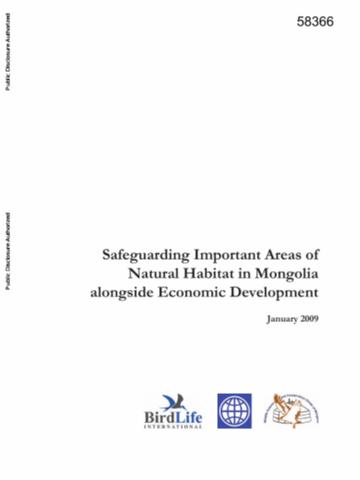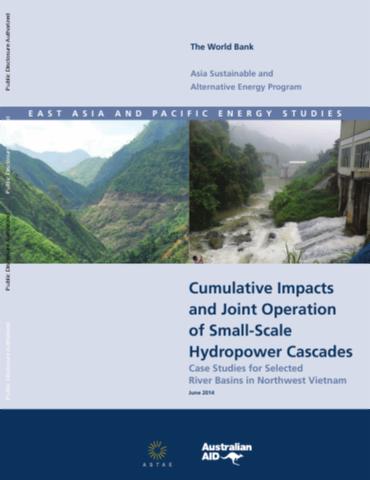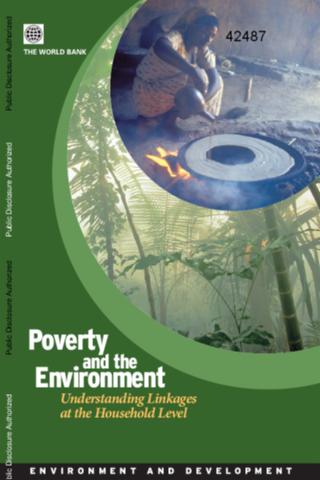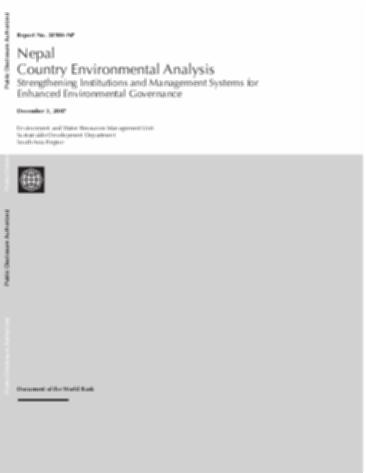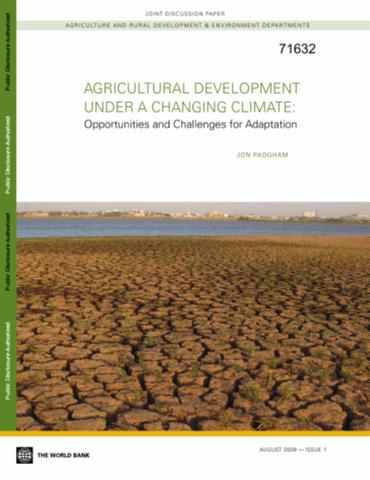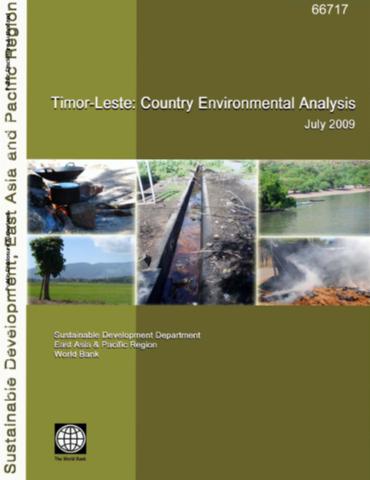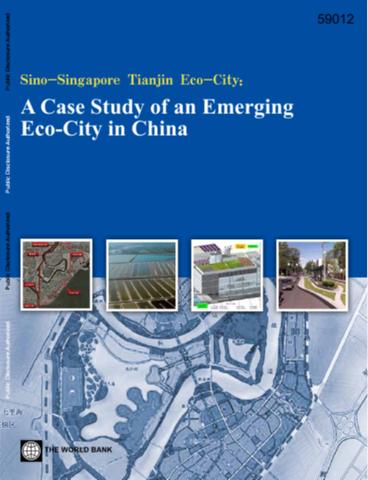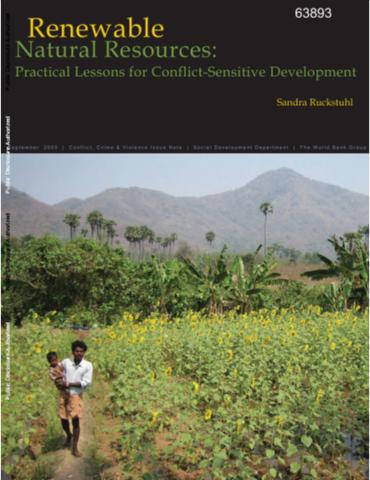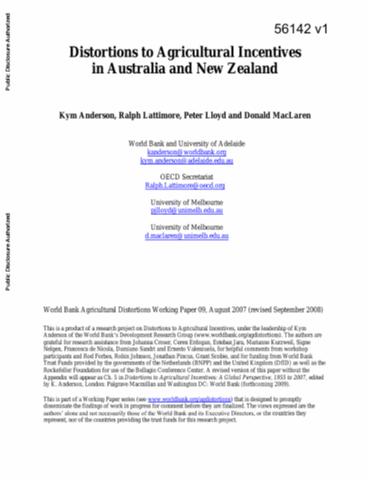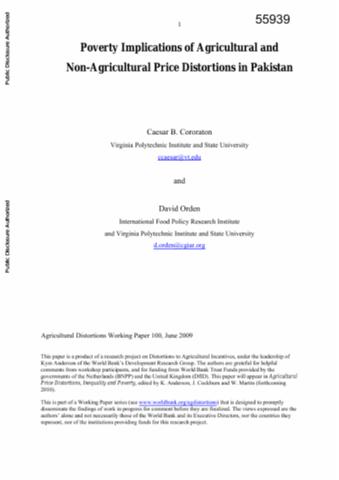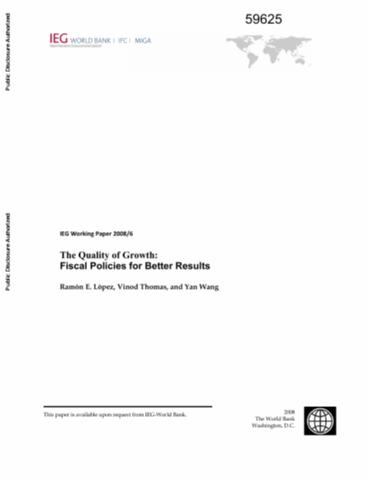Growing sustainable agriculture in Mozambique
In Mozambique there is strong support for sustainable agriculture from different actors, with approaches including agroforestry and conservation agriculture increasingly promoted throughout the country by the
Ministry of Agriculture, civil society, farmers’ groups and development agencies. Research trials and anecdotal evidence suggest that these practices increase yields, are more resilient and are economically accessible for small-scale farmers. Despite this, uptake among smallholders remains low.


